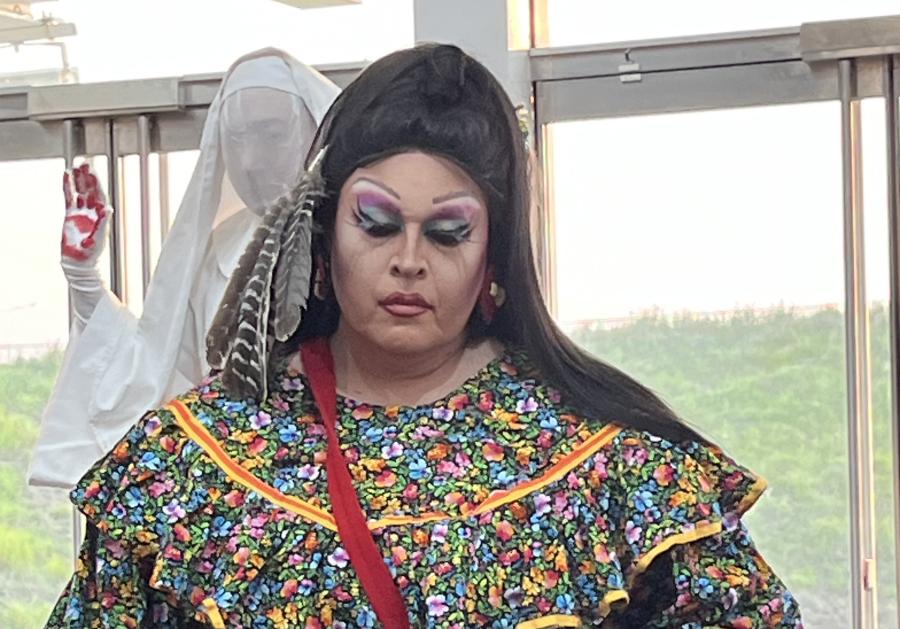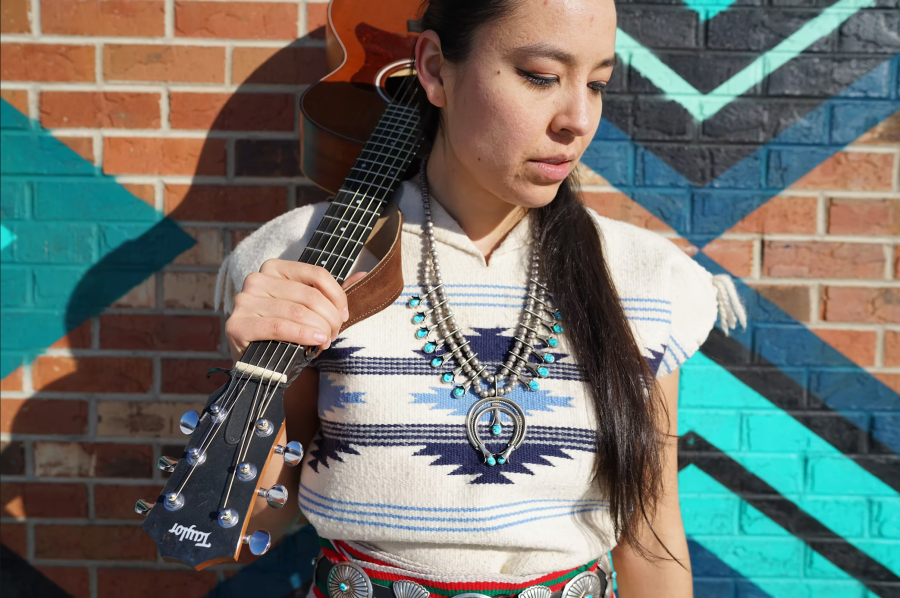On a crisp November day in Crescent Valley, Nevada, Carrie Dann ambles along her family’s big corral, showing horses for sale to a man from a neighboring ranch. The man, a worker on the ranch and a citizen of Mexico, speaks no English, so Carrie must rely on translation help from a visitor.
The three watch as the horses break into quick canters, inadvertently showing off their forms as they distance themselves from the approaching humans. The man remarks that he and a companion have just returned from a foray through the U.S. Interior Department-controlled lands that surround the rustic ranches in this drought-stricken valley. His comment interests Dann.
“Ask him how many head he saw while he was up there,” Dann asks the translator.
“About 125, 150,” the man responds, after performing a leisurely calculation in his head.
“That sounds about right,” Dann sighs, and then shakes her head. A week ago, a spokeswoman for the Interior Department’s Bureau of Land Management (BLM) told a newspaper reporter that the number was double that estimate. Carrie Dann and her sister Mary Dann, traditional Western Shoshone Indians, routinely graze livestock on these lands because they are ancestral Western Shoshone lands. The U.S. government, through the BLM, routinely threatens to confiscate the cattle and sometimes seizes them, selling the impounded livestock at auction.
“They are trying to build a case for taking our cattle,” Carrie Dann says wearily, and she is not alone in her belief. A growing chorus of observers say that the BLM raids on Shoshone livestock, as well as public statements accusing the Danns and others of damaging “public” lands, are part of a campaign to force the Western Shoshone to give up all claims to the land, which the government says the Indians lost to white encroachment in 1872. “I’ve got to find a way to get the truth out about what they are saying about us,” Dann says, almost to herself.
The renewed threat of confiscation comes just as the Organization of American States’ (OAS) Inter-American Commission on Human Rights has released a report regarding the decades-old land dispute. The report, released publicly January 6, finds that the United States is violating international human rights laws in its treatment of the Danns and other Western Shoshone. The preliminary report was released confidentially last year to the U.S. government. (see CSQ 26:2) Other international human rights bodies, including the United Nations and the European Parliament, have expressed concerns regarding the U.S. government’s treatment of the Danns and the Western Shoshone people.



